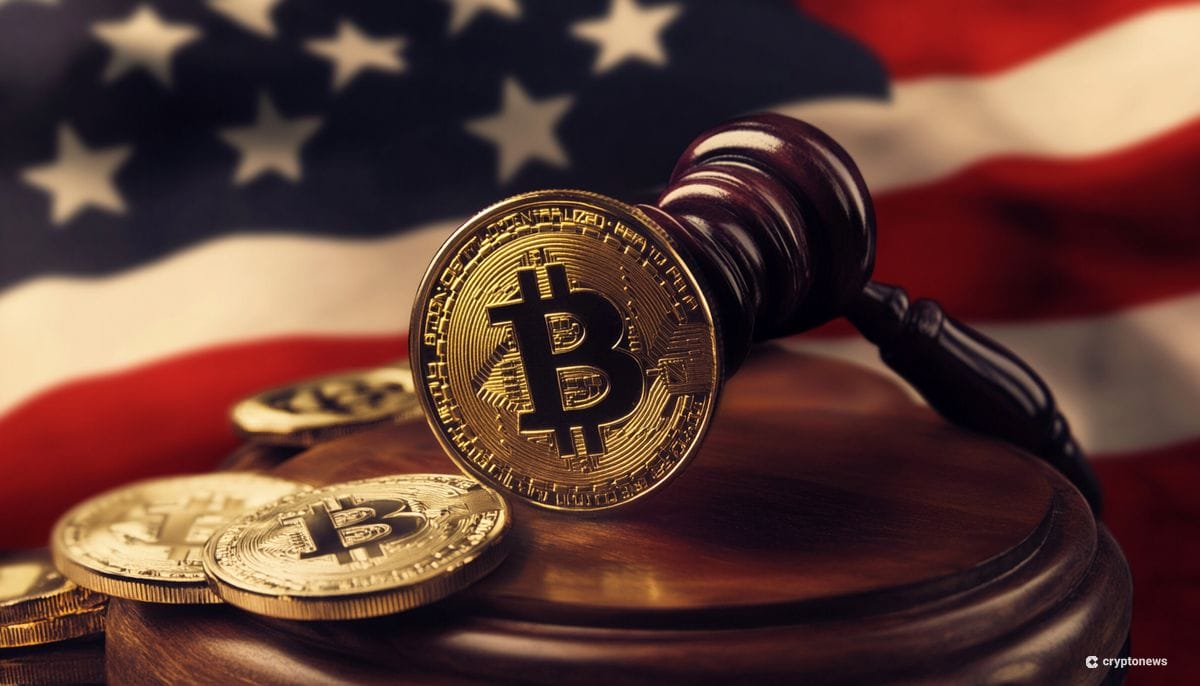Last updated:
 Why Trust Cryptonews
Why Trust Cryptonews

In a ruling issued Monday, a U.S. federal court in Massachusetts found Rivetz Corp. guilty of conducting an illegal sale of unregistered securities, siding with the Securities and Exchange Commission (SEC).
The court determined that Rivetz and its founder had violated securities laws by offering and selling unregistered digital tokens between 2017 and 2018.
Rivetz’s ICO Found to Violate Securities Laws
According to court documents, Rivetz raised approximately $18 million through the unregistered sale of its RvT tokens, which were marketed as a utility for securing devices and data on the blockchain.
However, the SEC argued that these tokens were sold as investment contracts without adhering to the necessary registration requirements.
Despite promoting their tokens as a critical element of the platform’s security, Rivetz and its founder failed to meet the technological promises made during their initial coin offering (ICO), according to the SEC.
Investors were misled into believing they were purchasing securities linked to Rivetz’s future success.
The court agreed with the SEC’s assertion that Rivetz’s ICO constituted the sale of unregistered securities, violating the Securities Act of 1933.
Mango DAO Pays $700,000 to Settle with SEC
In a separate case, Mango DAO settled SEC charges related to the unregistered sale of its MNGO tokens by agreeing to pay $700,000.
The SEC determined that the MNGO tokens qualified as securities under U.S. law, despite being issued within a decentralized autonomous organization.
As part of the settlement, Mango DAO agreed to halt trading of its MNGO tokens on exchanges and destroy any remaining tokens.
The SEC also reached a separate settlement with Mango Labs LLC, a developer involved with the DAO, over unregistered broker activity.
Both parties resolved these charges without admitting or denying the allegations.




